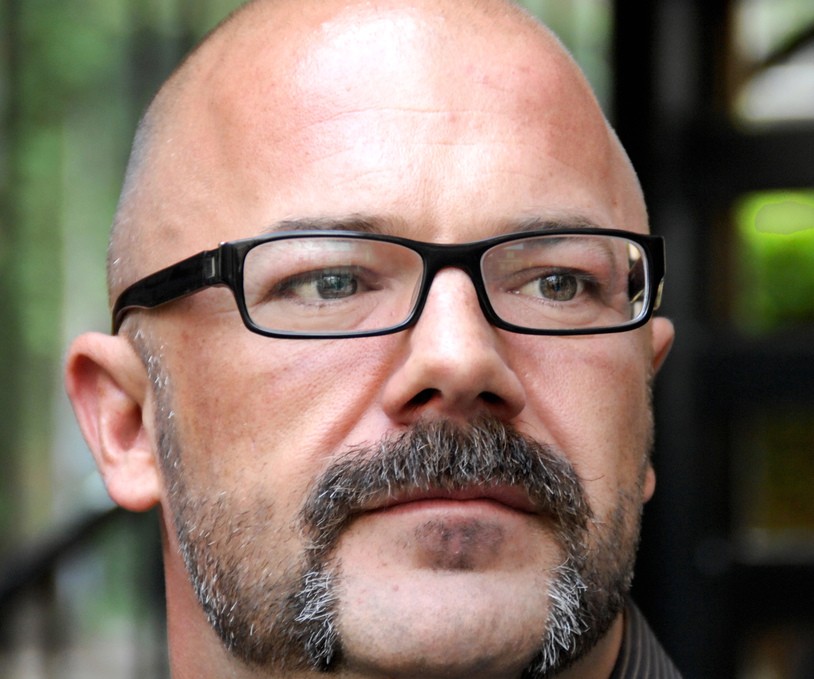I owe a debt of gratitude to Andrew Sullivan. We’ve never met; actually, we’ve never even corresponded (beyond a handful of dissenting emails I’ve fired off). There haven’t been any personal favors, special insights, or inspirational conversations. What there has been, though, is a tireless championing of something very meaningful to me: Blogging.
I’ve been blogging since around 2006. I encountered Sullivan’s blog very early on in my blogging life. Excepting a brief period in college in which I unplugged from most online activity for spiritual and personal reasons, I have checked Sullivan’s writing periodically for almost a decade. I could probably count the number of meaningful issues in which I agree with him on one hand. But Sullivan championed what I do years before I actually did it. He won respect for blogging as a legitimate avenue of serious journalism long ere I knew why that was important for me. The small successes and blessings I’ve enjoyed through blogging probably would not even hypothetically exist if there were no Andrew Sullivan.
That’s why his announcement today that he has decided to leave the world of blogging means something to me.
Excerpt:
Why? Two reasons. The first is one I hope anyone can understand: although it has been the most rewarding experience in my writing career, I’ve now been blogging daily for fifteen years straight (well kinda straight). That’s long enough to do any single job. In some ways, it’s as simple as that. There comes a time when you have to move on to new things, shake your world up, or recognize before you crash that burn-out does happen.
The second is that I am saturated in digital life and I want to return to the actual world again. I’m a human being before I am a writer; and a writer before I am a blogger, and although it’s been a joy and a privilege to have helped pioneer a genuinely new form of writing, I yearn for other, older forms. I want to read again, slowly, carefully. I want to absorb a difficult book and walk around in my own thoughts with it for a while. I want to have an idea and let it slowly take shape, rather than be instantly blogged. I want to write long essays that can answer more deeply and subtly the many questions that the Dish years have presented to me. I want to write a book.
Please read his entire post.
It’s not easy to walk away from something you’ve done for 20 years. It’s harder to walk away from something you’ve been great at for 20 years. I cannot imagine how difficult it is when that something that you’ve been great at for 20 years is something you love. I sincerely hope Sullivan’s departure from blogging brings him the energy and joy he is courageously pursuing, and–if I may be bold–affords him the chance to study more closely the claims of Christ and Scripture outside political climates.
Sullivan’s blogging has been a remarkably steady bulwark against many of the problems that are plaguing online journalism. He has relentlessly criticized “clickbait,” and backed up his principles by monetizing his site and prohibiting “sponsored content” or obnoxious advertising. Though he hasn’t always treated his ideological opponents fairly (his contribution of the words “theocon” and “Christianist” is a blight on his intellectual legacy), he has frequently featured and linked to them. And he has, in my opinion, proved beyond a reasonable doubt that two column minimalism is the best template for being taken seriously.
If you’re a blogger struggling to understand the craft, you would do well to study how Sullivan blogged. If you’re a blogger experiencing great success, you owe gratitude to Sullivan for being one of the first through the wall. The internet will be a lesser place without The Dish.
Read Andrew Sullivan’s influential The Atlantic piece from 2008, “Why I Blog”
Photo: “Andrew Sullivan cropped” by Trey Ratcliff, http://www.stuckincustoms.com – http://flickr.com/photos/stuckincustoms/229794463/. Licensed under CC BY 2.0 via Wikimedia Commons












